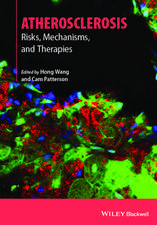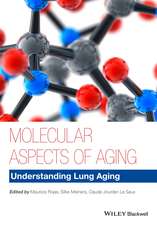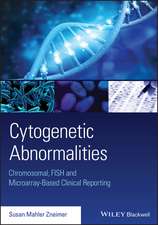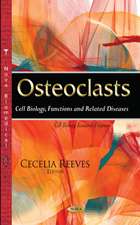The Biological Revolution: Applications of Cell Biology to Public Welfare
Editat de Gerald Weissmannen Limba Engleză Paperback – 25 feb 2012
Preț: 378.71 lei
Nou
Puncte Express: 568
Preț estimativ în valută:
72.47€ • 77.49$ • 60.42£
72.47€ • 77.49$ • 60.42£
Carte tipărită la comandă
Livrare economică 17 aprilie-01 mai
Preluare comenzi: 021 569.72.76
Specificații
ISBN-13: 9781468435719
ISBN-10: 146843571X
Pagini: 156
Ilustrații: 154 p.
Dimensiuni: 148 x 210 x 8 mm
Greutate: 0.2 kg
Ediția:Softcover reprint of the original 1st ed. 1979
Editura: Springer Us
Colecția Springer
Locul publicării:New York, NY, United States
ISBN-10: 146843571X
Pagini: 156
Ilustrații: 154 p.
Dimensiuni: 148 x 210 x 8 mm
Greutate: 0.2 kg
Ediția:Softcover reprint of the original 1st ed. 1979
Editura: Springer Us
Colecția Springer
Locul publicării:New York, NY, United States
Public țintă
ResearchCuprins
Biomedical Science in an Expectant Society.- How Basic Knowledge of the Cell Cycle Has Helped Us Treat Cancer Patients.- How Research on the Cell Biology of Reproduction Can Contribute to the Solution of the Population Problem.- How Basic Studies of Insects Have Helped Man.- Cell Biology and the Study of Behavior.- The Introduction of Missing Enzymes into Human Cells: Alternatives to DNA Recombinancy in Genetic Disease.- Identifying Environmental Chemicals Causing Mutations and Cancer.- Closing Remarks.







